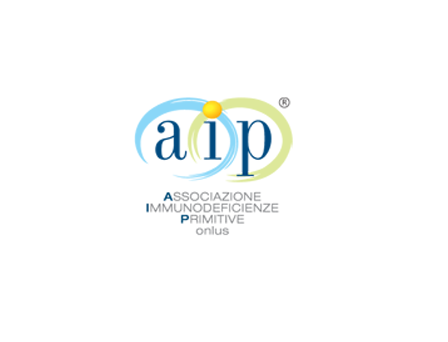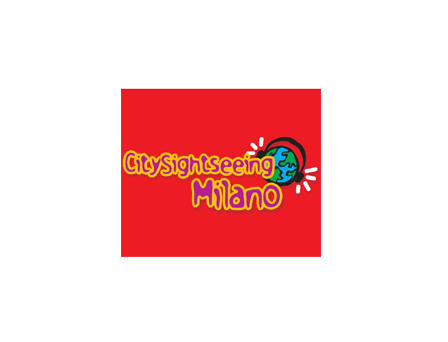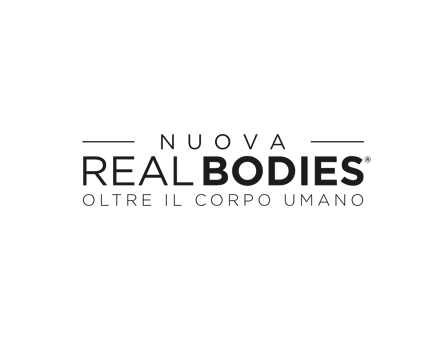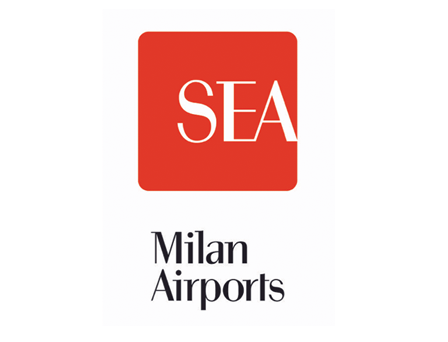Every year patients and their families from all around the world come to the SR-TIGET (San Raffaele Telethon Institute for Gene Therapy) in Milan for the gene therapy developed by researchers here. Our “Just like home” programme was set up for these people, to facilitate their access to therapy for certain rare diseases. Gene therapies include the approved drug for ADA-SCID (Strimvelis), as well as experimental treatments for diseases such as metachromatic leukodystrophy, Wiskott-Aldrich syndrome, beta thalassemia and mucopolysacchardosis type 1.
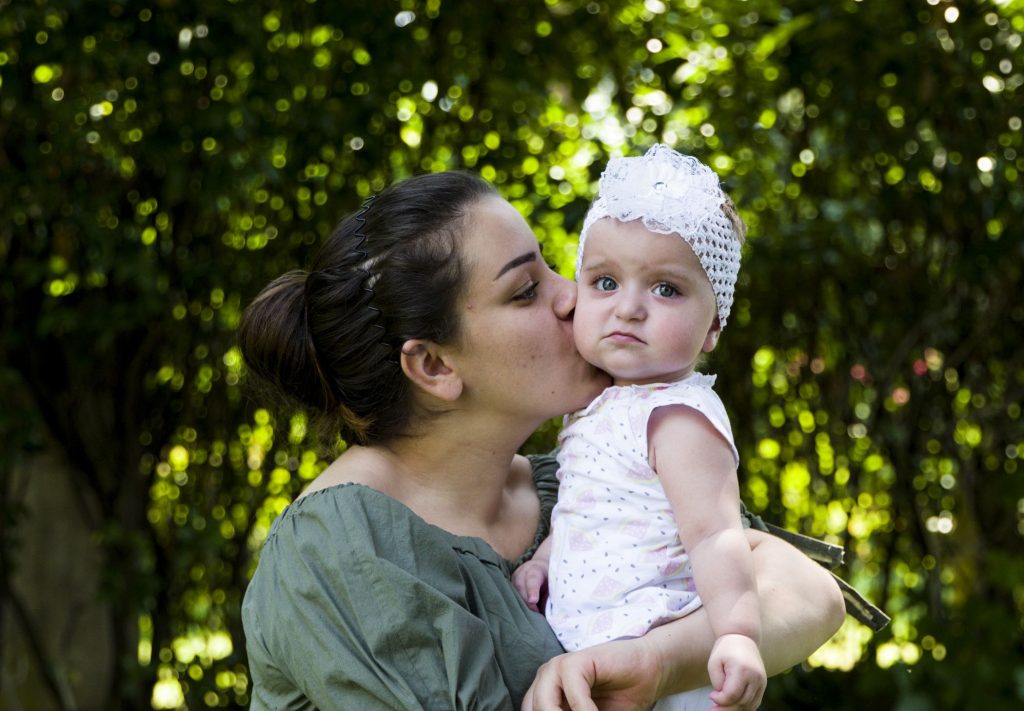
The therapy often involves a long journey, sometimes from faraway countries, and a long stay in Milan, five months minimum away from home as well as further periodical check-ups during subsequent years. The “Just like home” team support the family before, during and after their stay in Milan, helping to make conditions easier for them and so contributing to the success of the treatment and reducing the negative emotional and logistical impacts on the family’s life.
The programme provides on-site assistance, welcoming the family and creating a community that can offer emotional and practical support during their stay in Milan and throughout the treatment.
What kind of support is provided?
Practical support
Families come from all over the world to the SR-TIGET (up until now we have welcomed patients from more than 30 different countries). The distance from home and, in some cases, cultural differences, can make it difficult for them to settle. Staff at Telethon provide practical support before the journey even starts, giving the family detailed information about the therapy, helping the parents to plan their journey, find accommodation and , when needed, giving assistance to get the Visa and the residency permit. In particular circumstances (reviewed on a case by case basis) Fondazione Telethon may also cover certain expenses.
Psychological support
Many of the patients who have to undergo gene therapy are children. They have to spend about one and a half months in a sterile room, while their parents take it in turns to stay with them. This situation can really put even the closest of families to the test, particularly those with other children come from faraway countries. That is why families are always offered the support of a psychologist during the period of treatment. Caregivers, professional instructors and teachers are also available to help parents care for their children (in and out of the sterile room) during the therapy.
Language support and cultural mediation
Language is the main barrier for families coming to Milan from abroad. Telethon staff work closely with a team of language and cultural mediators able to welcome and guide the patients and their parents during the therapy and within their new community.
Just like home Telethon’s team
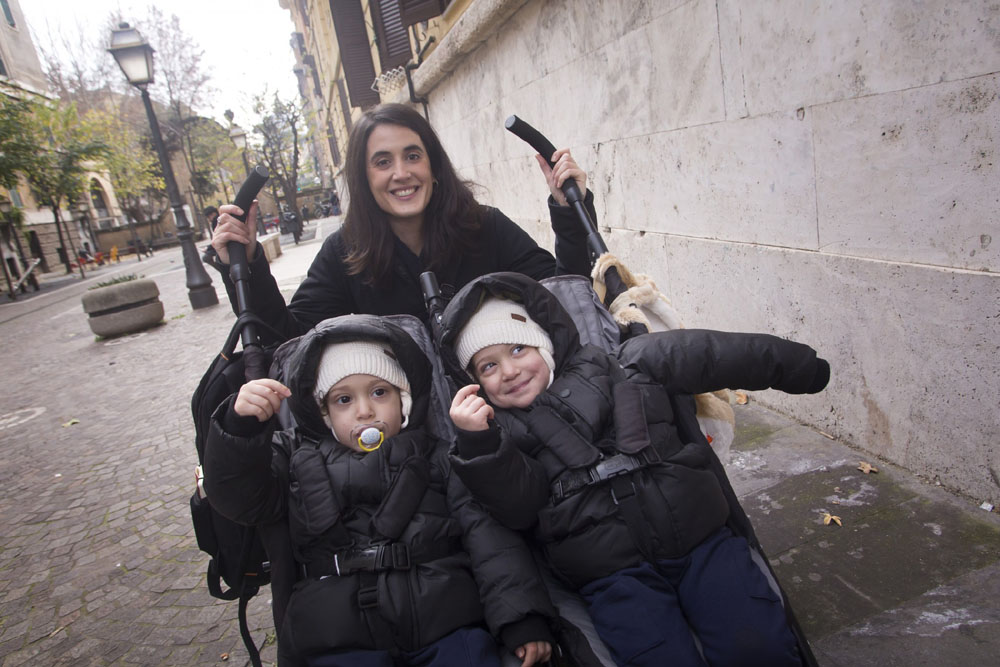
- Development coordinator: deals with the full organization and the economic sustainability of the Just Like Home project. He performs constant fund raising activities, dedicated to the Just Like Home through events organization and gathering private and company donations; he also promotes the project through communications activities both outside and within Fondazione Telethon. He keeps the relationships with the suppliers (hotels, transport companies, supporting voluntary associations, etc). He recruits and selects volunteers who will take care of the patients’ families welfare.
On the whole, the development coordinator is the person who deals with project sustainability and where possible the project development, looking for new collaboration opportunities and increasing the funds to allow Just like Home to assist the patients’ families.
- Care coordinator: for families coming to Milan, the Telethon care coordinator is a point of reference. He works closely with a multidisciplinary team that includes psychologists, study nurses, cultural mediators and, if necessary, professionals able to provide ad hoc services (e.g. teachers, caregivers, professional instructors, etc.). While research nurses provide information on the therapy and its various stages, the care coordinator provides assistance and information on travel, accommodation, services, logistical aspects, etc. The care coordinator also coordinates the network of volunteers who support the families by helping them meet their daily practical needs, making them feel welcome, and never alone.
Care coordinator’s job is mainly about listening, trying to understand the needs of the families, whether or not these are explicitly stated, and offering support. We work on finding an answer to these needs, trying to engage the people who can best help the families.
